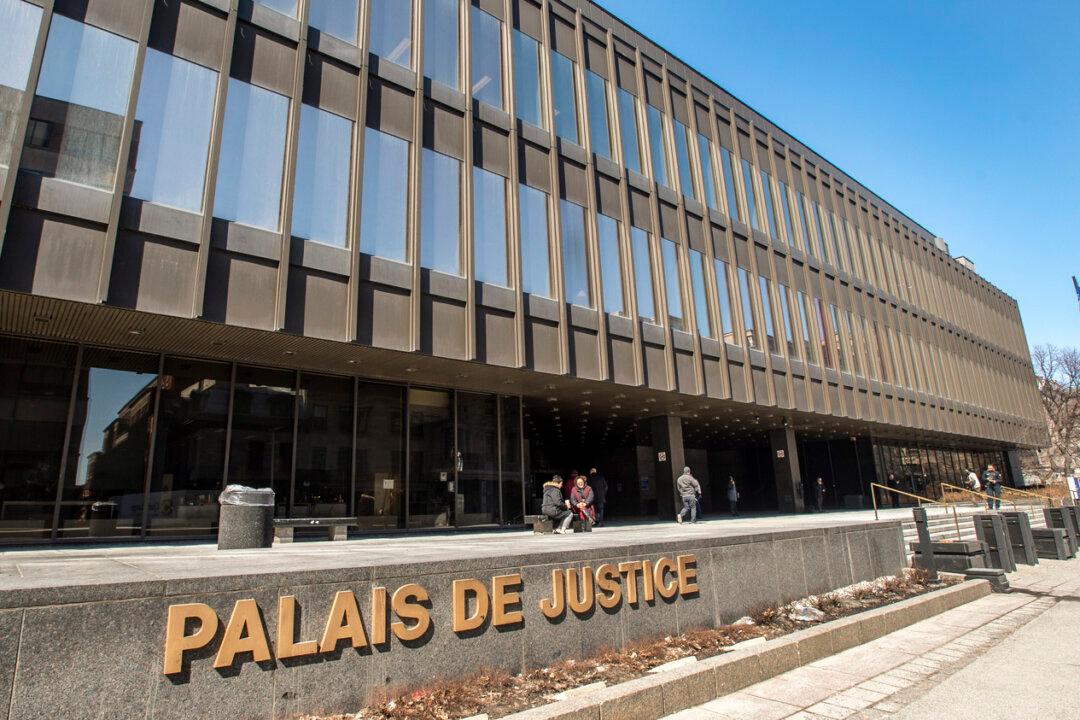A Calgary-based energy company has secured a court victory with a ruling by the Quebec Superior Court to halt parts of Quebec’s Bill 21, an act passed in 2022 that aimed to end petroleum exploration and production in the province.
In a Jan. 26 press release, Questerre Energy Corporation described as “exceptional” the court decision on the company’s application to stay certain provisions of the bill, an “Act Ending Exploration for Petroleum and Underground Reservoirs and Production of Petroleum and Brine,” while judicial proceedings are continuing.





